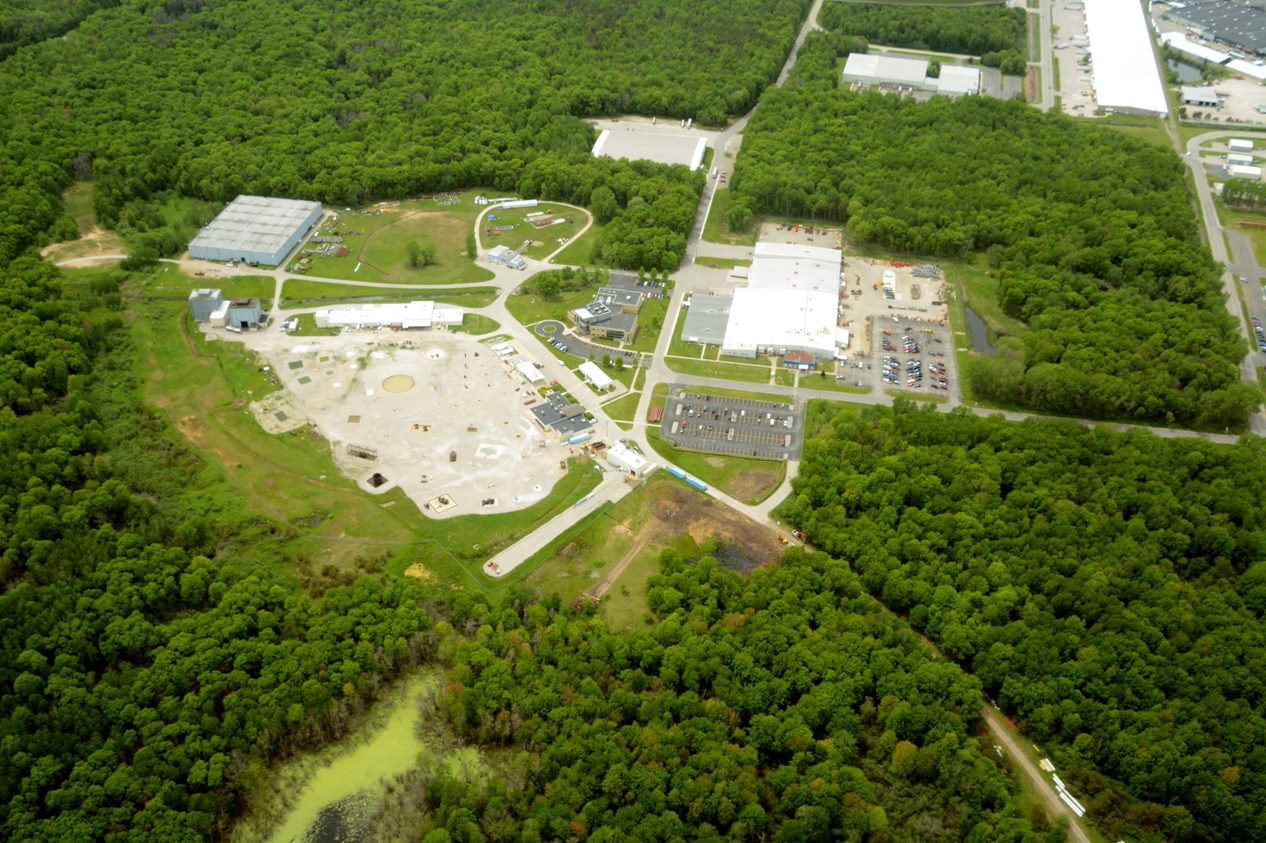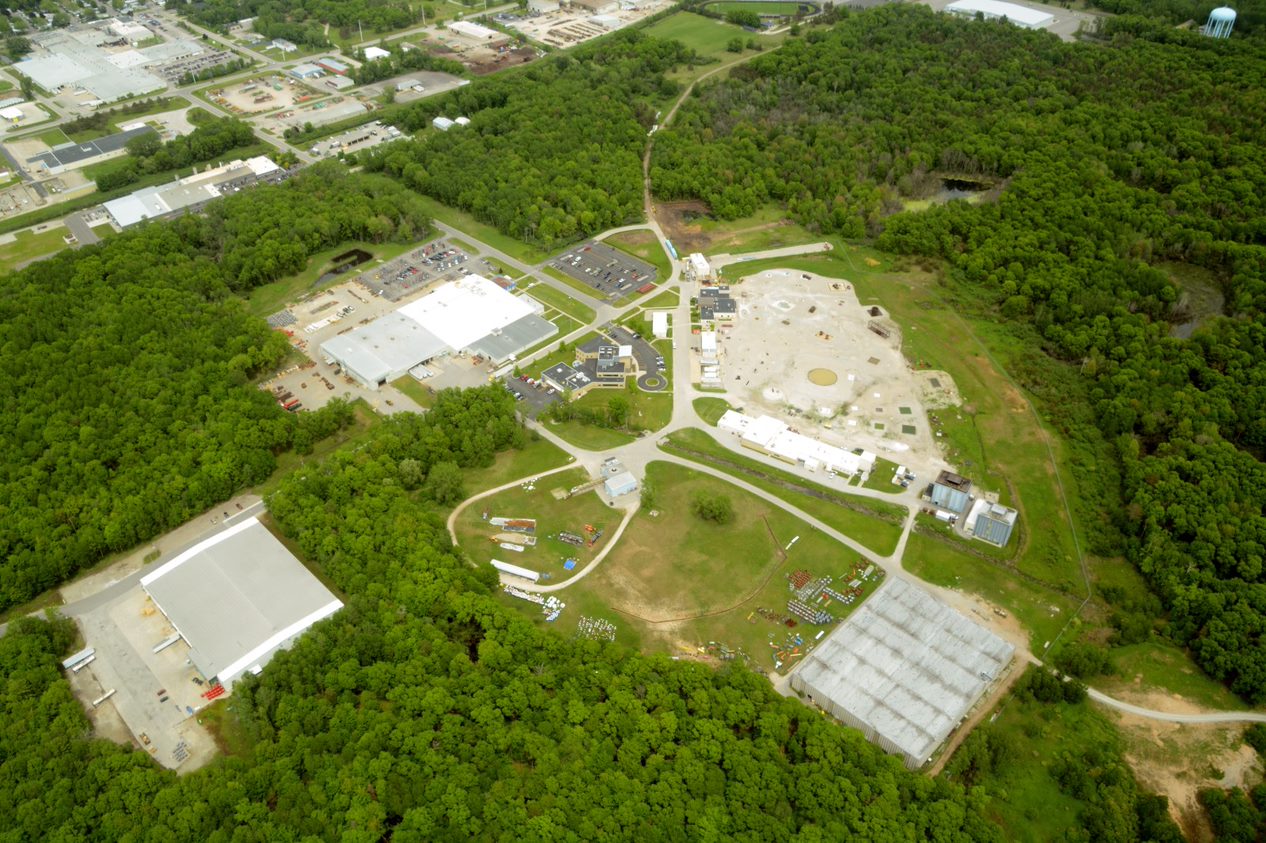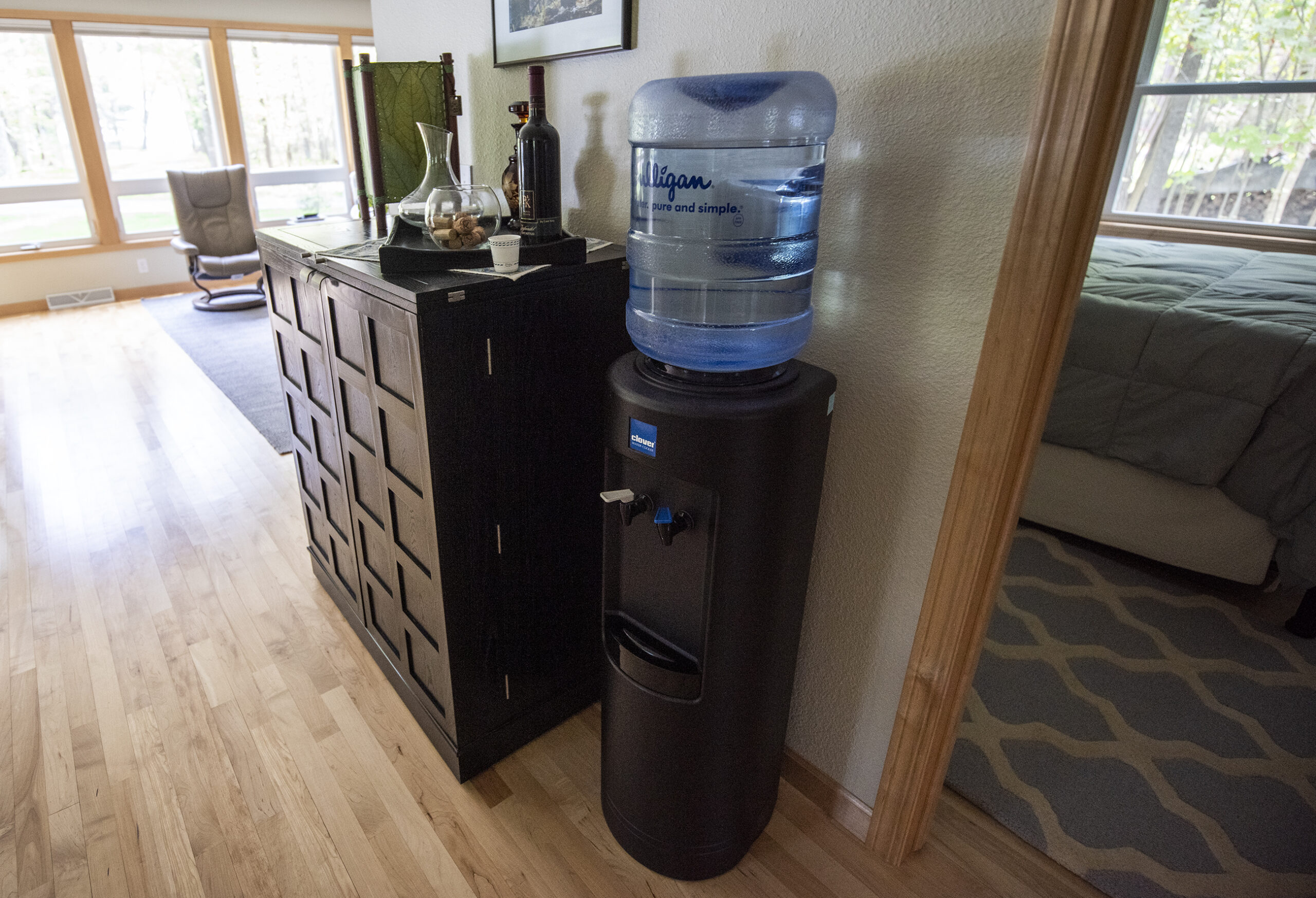Peshtigo residents have reached a $17.5 million settlement with Tyco Fire Products and two other companies over widespread PFAS contamination stemming from the use of firefighting foam in the Peshtigo and Marinette areas.
The multi-million dollar settlement reached with Tyco, Chemguard and ChemDesign will compensate Peshtigo residents for exposure to PFAS in private drinking water wells, property damage and individual disease claims due to the use of Aqueous Film-Forming Foam (AFFF). A lawsuit was first filed in December 2018 by Peshtigo residents Joan and Richard Campbell.
Paul Napoli, a lead attorney in the case with the firm Napoli Shkolnik, estimates around 1,100 people would be covered under the settlement who reside in roughly 270 homes in the affected area. An additional 100 people may be covered who have since moved out of the area. Community members with disease claims will receive $2.5 million for anyone in the area who has been diagnosed with testicular cancer, kidney cancer, thyroid disease, ulcerative colitis, and preeclampsia.
News with a little more humanity
WPR’s “Wisconsin Today” newsletter keeps you connected to the state you love without feeling overwhelmed. No paywall. No agenda. No corporate filter.
Napoli said the Campbells are happy with the agreement, calling it a landmark settlement.
“It’s the first AFFF or firefighting foam settlement in the country that is going to deal with property damage, personal injury and medical monitoring expenses,” said Napoli. “It’s not full justice. While this class deals with those three issues, I think there’s another piece of the puzzle that needs to be solved. But, that needs to be solved by the town of Peshtigo and city of Marinette, and that’s the connection to these people’s private wells to public water.”
Tyco has committed to paying for a new water line to provide a permanent source of clean drinking water to Peshtigo residents, which is still being discussed by city and town officials.
Napoli is one of the lead attorneys for plaintiffs in litigation nationwide that involves dozens of lawsuits alleging harm related to the use of PFAS-containing firefighting foam.
Attorney Rob Bilott with firm Taft Stettinius & Hollister also worked on the settlement as advisory counsel for the residents. Bilott gained fame after taking on DuPont chemical company for widespread PFAS contamination that resulted in a settlement that sparked one of the most significant studies into health issues related to the chemicals. His efforts were chronicled in the 2019 movie “Dark Waters” played by Kenosha native Mark Ruffalo.
“To be able to offer a settlement like this that provides, not only compensation for property damage caused by PFAS in AFFF, but compensation for human exposure to that PFAS in drinking water and for diseases previously linked by the independent C8 Science Panel to PFAS exposure is a huge milestone for those harmed by AFFF,” said Bilott in a release.
The settlement is still subject to a judge’s approval. Once approved, a special administrator will be appointed to divide up the funds for distribution. If all goes well, Napoli said eligible residents could receive payments within six to eight months.
The companies have denied any wrongdoing under the settlement. Tyco is the focus of the state’s largest, most complex investigation into PFAS contamination stemming from the company’s Fire Technology Center (FTC) in Marinette and nearby sites.
“We recognize the burden that dealing with PFAS has put on the community, and this is an important part of our effort to make this situation right,” said Katie McGinty, Tyco spokesperson in a press call. “We look forward to continuing to work with our neighbors now to actually clean up and remediate PFAS and restore clean and healthy water and soil.”
McGinty said Tyco recently identified a permanent solution to ensure clean groundwater and surface water in the area. The company expects to submit a formal report to the Wisconsin Department of Natural Resources on plans for remediating contamination in the next two weeks. She said they hope to begin the permitting process on a groundwater treatment system by March and begin construction in May.
“It is an integrated plan that we will be presenting that also will include cleanup and treatment and handling of any affected soils,” said McGinty.
Johnson Controls has provided bottled water to around 130 residents since late 2017 and installed 40 water treatment systems in homes with elevated PFAS levels.
Perfluoroalkyl and polyfluoroalkyl substances, commonly referred to as PFAS, have raised concerns because they don’t break down easily in the environment. The so-called forever chemicals are found in firefighting foam and everyday products. Studies have linked the chemicals have been linked to harmful health issues, including thyroid disease, reproductive health issues and kidney and testicular cancers.
Environmental regulators are monitoring more than 50 sites with PFAS contamination across the state, including Marinette, Superior, Madison and Milwaukee. The sites include military installations, industrial areas and waterways.
Tyco has spent more than $3 million to help the city of Marinette dispose of sewage sludge contaminated with the so-called forever chemicals. The company has also spent $1 million in improvements to its sewer lines running to the city’s wastewater treatment plant.
In 2019, Johnson Controls said it set aside $140 million for cleanup of pollution from firefighting foam at its properties.
The DNR referred Johnson Controls and Tyco to the Wisconsin Department of Justice in 2019 for failing to report any release of PFAS when it was first discovered in 2013. Company officials have said they believed contamination had been confined to the site of its facility.
Last year, Tyco refused a directive by the Wisconsin Department of Natural Resources to test 500 private wells for PFAS contamination beyond its fire training facility after state regulators said the company failed to complete work as part of an ongoing investigation. The DNR hired a consultant that began testing wells last fall and plans to seek reimbursement for related costs from Tyco and Johnson Controls.
McGinty said less than five percent of wells that the DNR has sampled so far have shown PFAS levels above the state’s recommended groundwater standard. She contended that the plume of contamination from its facility is not expected to grow. The company has denied any contamination beyond their fire training facility, arguing the state should look for others who may be responsible for contamination.
Last May, Tyco reported that PFAS sampling at 247 out of 269 wells tested in the Town of Peshtigo and near farm fields in Porterfield had PFAS levels below the federal health advisory level (HAL) of 70 parts per trillion.
There were 38 wells that had PFAS levels above the state’s recommended groundwater standard of 20 parts per trillion. Enforcement standards are still being developed at the state and federal level.
Editor’s note: This story will be updated.
Wisconsin Public Radio, © Copyright 2025, Board of Regents of the University of Wisconsin System and Wisconsin Educational Communications Board.







